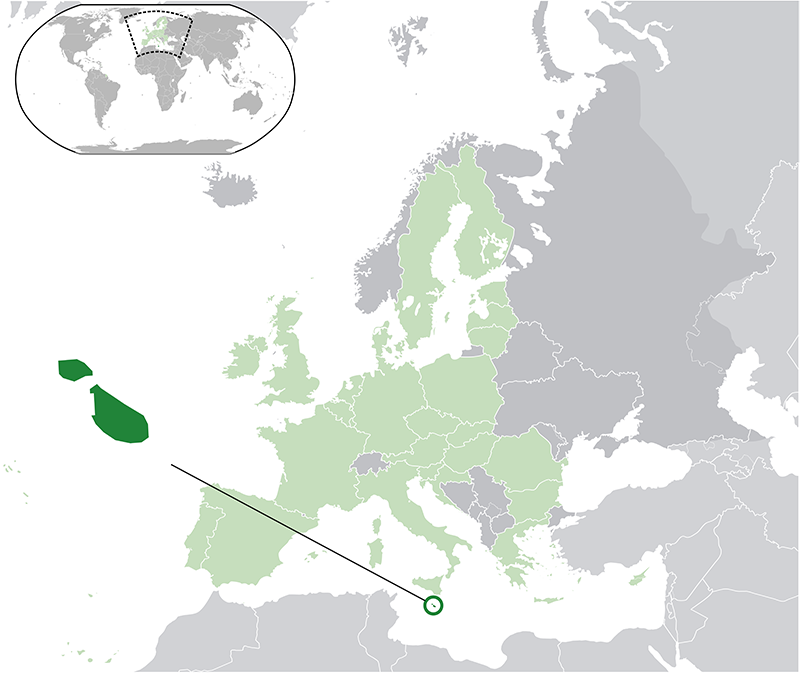
- Population:
- 540,000
- Religion:
- Christianity
Malta has a rich history influenced by Phoenician, Roman, Arab, and European rule. It was a British colony until gaining independence in 1964. Malta has since become a major financial and tourism hub, with a strategic position in the Mediterranean.
Malta, officially the Republic of Malta, is a Southern European island country consisting of an archipelago in the Mediterranean Sea. It lies south of Italy, east of Tunisia, and north of Libya. Covering an area of approximately 316 square kilometers, it is one of the world's smallest and most densely populated countries, with a population of about 514,000 people as of 2023. The capital city is Valletta. The official languages are Maltese and English. Malta operates as a parliamentary republic. The economy is advanced and diversified, with key sectors including tourism, financial services, and manufacturing. Malta is known for its rich history, with numerous fortresses, megalithic temples, and a vibrant cultural scene. The country is a member of international organizations such as the United Nations, the European Union, the Commonwealth of Nations, and the Eurozone.

